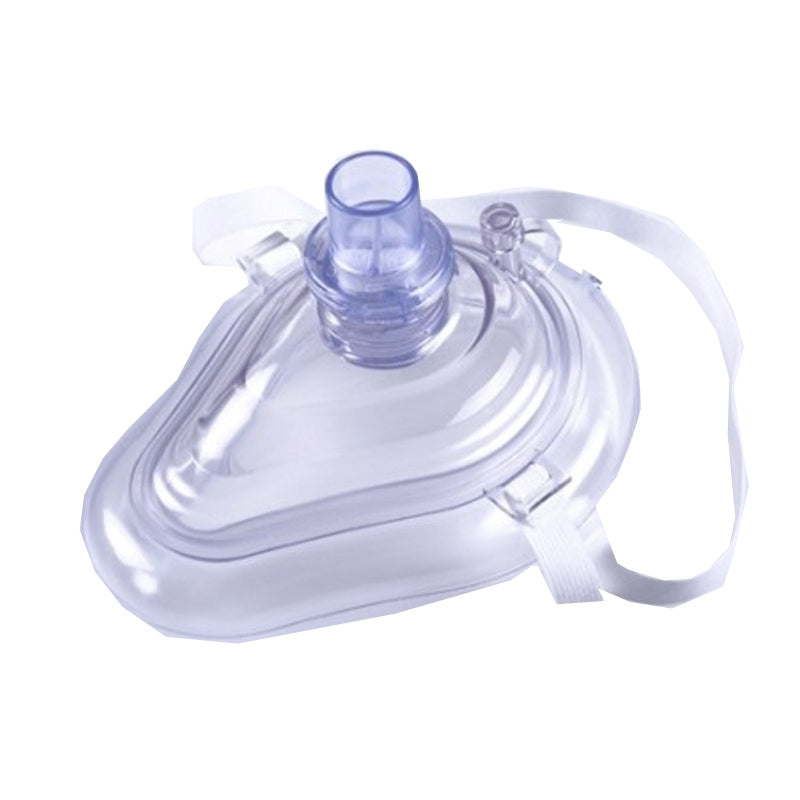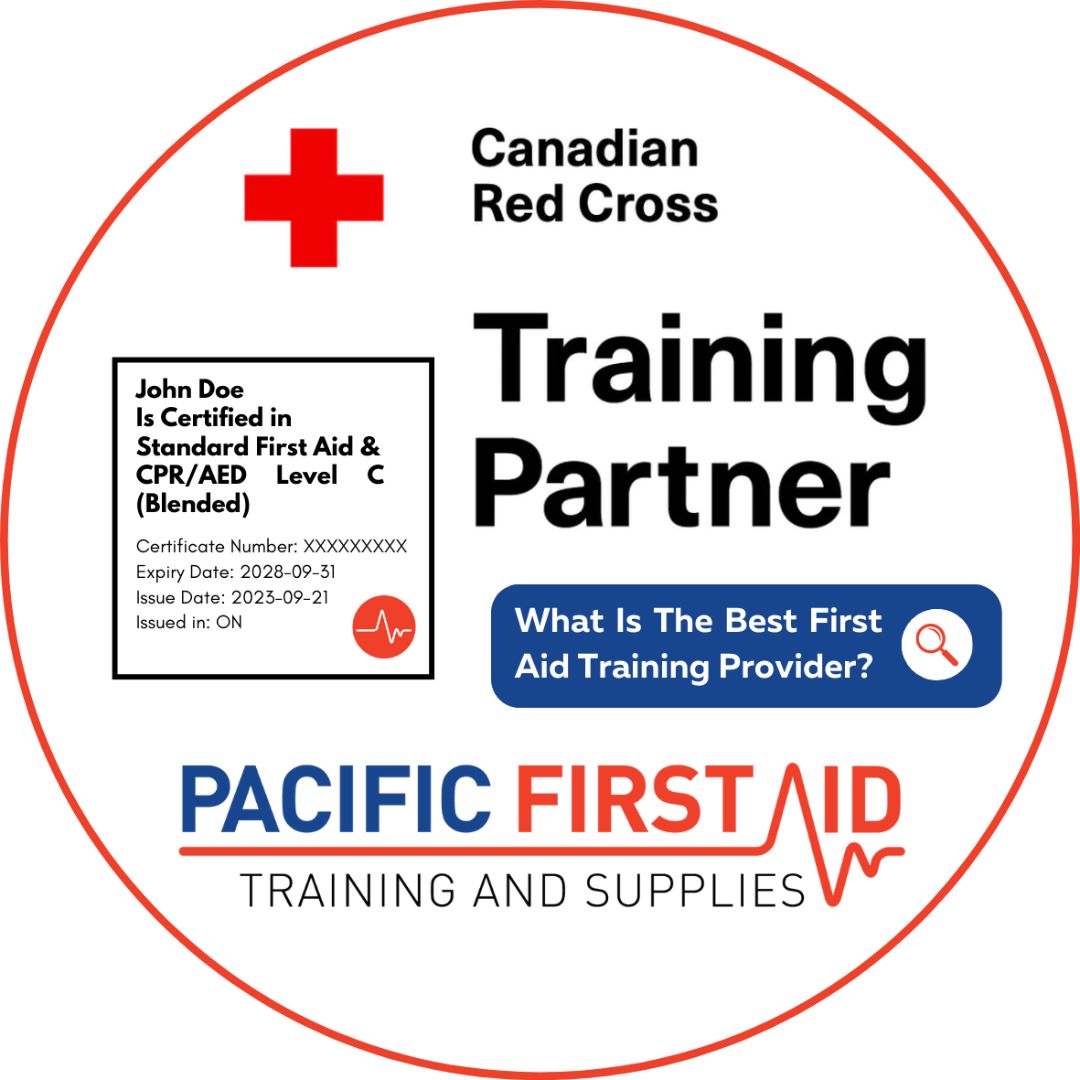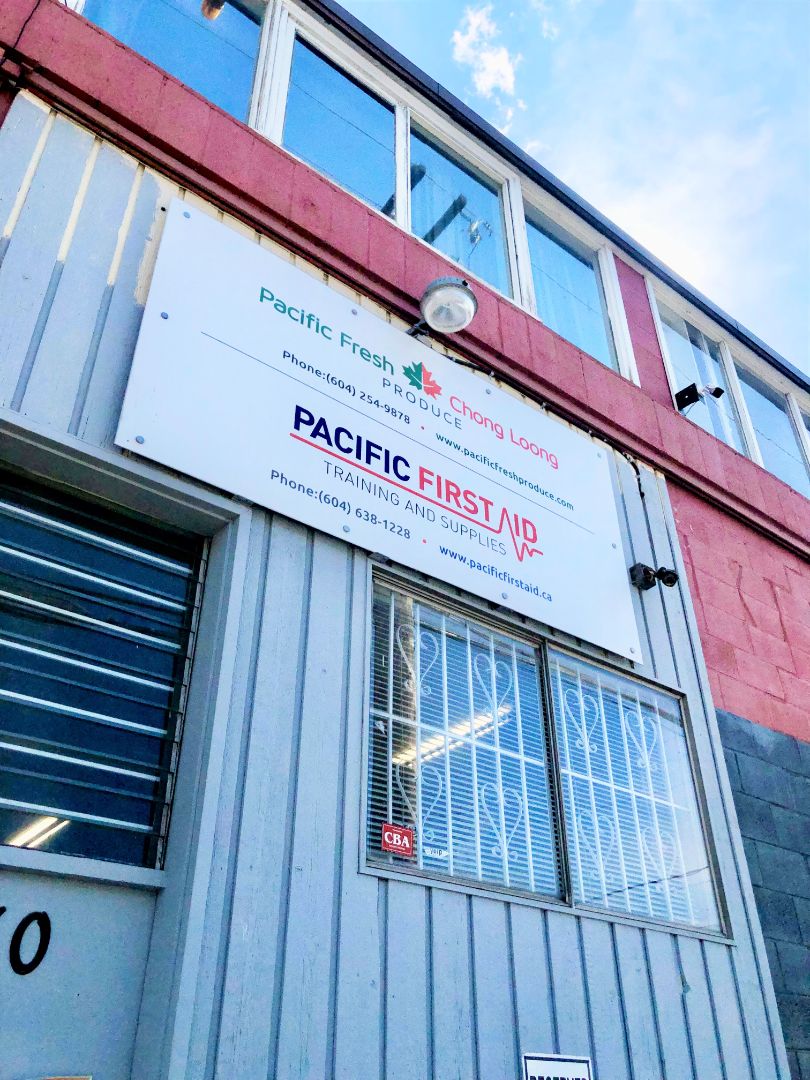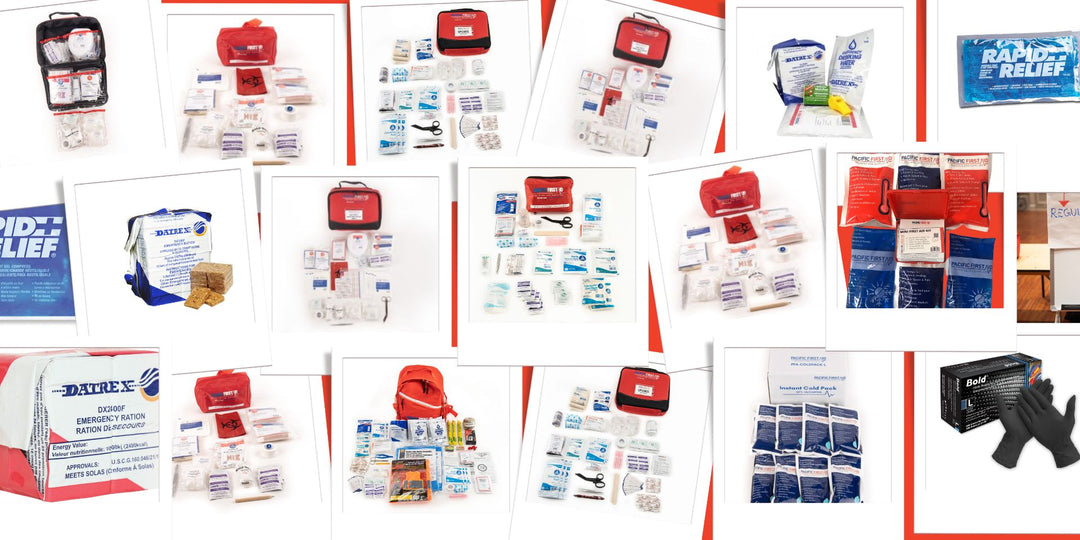
10 Things To Do If A “Big One” Earthquake Hits
You never know when an earthquake will happen - especially a “Big One.” Experiencing an earthquake can be frightening, but with some preventative measures, you can help reduce its impact. However, the threat of an earthquake doesn’t end right after it’s happened. Aftershocks, landslides and tsunamis can occur. With all this movement, even a minor earthquake can cause items in your house to shift, snap pipes and other damage to your home.
So, what can you do if a “Big One” earthquake hits?
Things to do after an earthquake has hit
If you and your loved ones survived an earthquake, make sure to follow this post-earthquake tips list:
- Check yourself and others for injuries. If you have any first aid kits handy, help those who need assistance.
- Call 911 if anyone is seriously injured and you can’t react to emergency situations fast enough
- Keep up to date with the earthquake situation by listening to the radio or watching the news
- Check your water, gas and electric lines for damage
- Look out for broken glass and debris
- Stay away from local beaches, as there could be a potential tsunami
- Avoid driving to keep the streets free for ambulances and emergency vehicles
- Check for cracks in your ceiling and roof
- If you smell gas leaking, make sure to open all your windows and leave your home immediately.
What happens after an earthquake has occurred?
If you’ve just experienced one, here’s what you can expect:
- Be prepared for aftershocks
- Make sure to do the “Drop, Cover and Hold” drill during aftershocks to avoid getting hurt by any falling debris
- Expect to see emergency messages sent to your cell phone
- Stay in one place (as long as it’s safe)
How to be prepared for the “Big One”
If you live in an area that’s prone to earthquakes (normally cities and towns that line the coast), it’s recommended people keep a mini first aid kit, flashlight and closed-toe shoes in your bedroom in case an earthquake occurs in the middle of the night.
You can also find larger first aid kits that are meant specifically for earthquakes. They normally have extra materials in the event you live with many people.
How to plan ahead for future earthquakes
If you felt unprepared for your first earthquake experience, there are a few things you can do for the future.
To start, make an earthquake safety plan for you and your loved ones. Make sure to:
- Identify all the safe places in each room of your home
- Check your home and make sure it doesn’t need earthquake retrofitting
- Take note of any potential earthquake hazards in your home and fix them accordingly
With Pacific First Aid, you can take a standard first aid course online so you can get ahead of the game and always be prepared, no matter what situation you find yourself in. This course covers tons of topics and you can incorporate this knowledge into your own emergency response plan.






